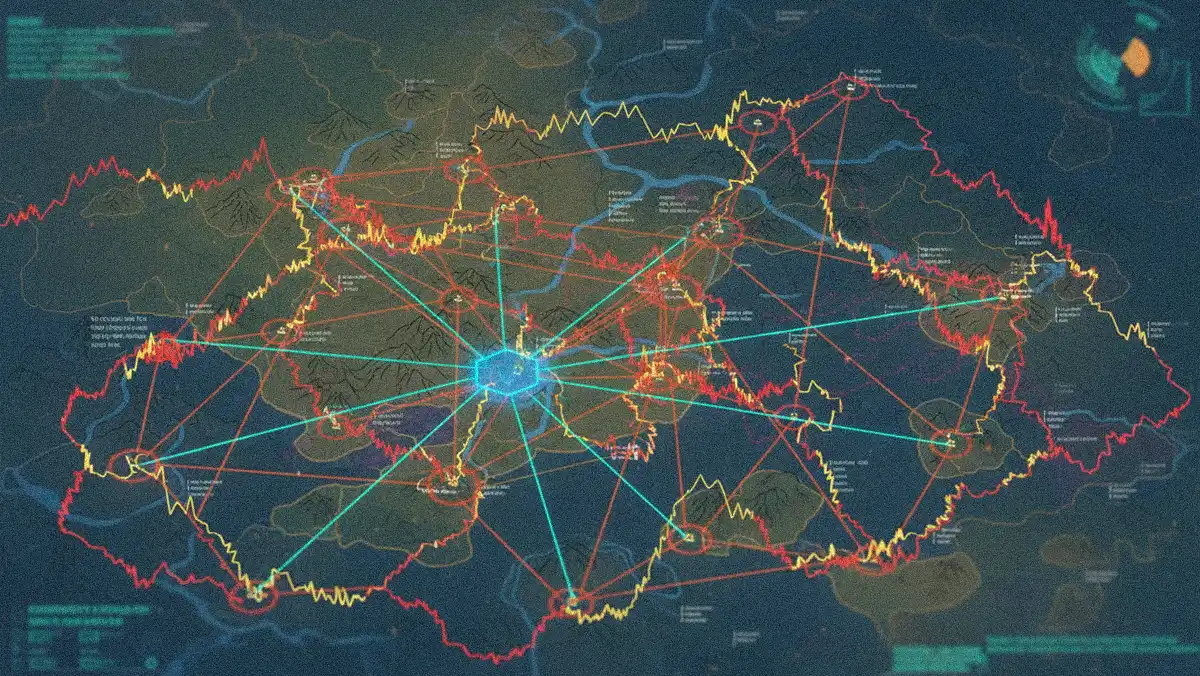
- Gartner's 2025 CMO Spend Survey shows that despite overall IT spending growth, marketing departments must make AI deliver efficiencies on tight budgets.
- Marketers face stagnant budgets at 7.7% of company revenue for 2025, pushing them to rely on AI and data analytics for productivity.
- Inflation impacts marketing spend, leading 40% of CMOs to cut agency budgets and internal labor costs.
For the second consecutive year, chief marketing officers face stagnant budgets, holding at 7.7% of company revenue for 2025, compelling them to lean heavily on AI and data analytics to boost productivity amid spending constraints, according to a Gartner 2025 CMO Spend Survey.
Productivity pivot: With nearly 60% of marketing executives admitting their funds are insufficient for 2025 strategies, the pressure is on to do more with less. Ewan McIntyre, a VP Analyst at Gartner, stated marketing chiefs are "leveraging data analytics and technology, particularly AI, in order to squeeze more from static budgets," with nearly half (49%) already seeing improved time efficiency from GenAI.
Spending shuffle: Paid media still claims the lion's share of marketing spend (just over 30%), but inflation means those dollars buy less, prompting nearly 40% of CMOs to plan cuts to agency budgets and a similar percentage to trim internal labor costs. Interestingly, nearly a quarter (22%) report GenAI has reduced their reliance on external agencies for creative and strategic tasks.
Wider budget blues: The caution in marketing aligns with wider C-suite sentiment, as a separate Gartner report found half of top executives are considering budget cuts in their own functions due to economic headwinds like potential supply chain disruptions and inflation.
While overall IT spending is projected to leap, particularly in AI infrastructure as Gartner forecasts, marketing departments are in a squeeze, forced to make AI deliver immediate efficiencies on tight operational budgets, a pragmatic turn Forrester also anticipates for 2025 AI strategies. Elsewhere, Forrester is providing a detailed look at shifting AI goals and expected setbacks for companies. Meanwhile, Gartner released new advice for businesses on navigating tariff risks and also noted the surprisingly low adoption of formal AI strategies within supply chain organizations.

.svg)




